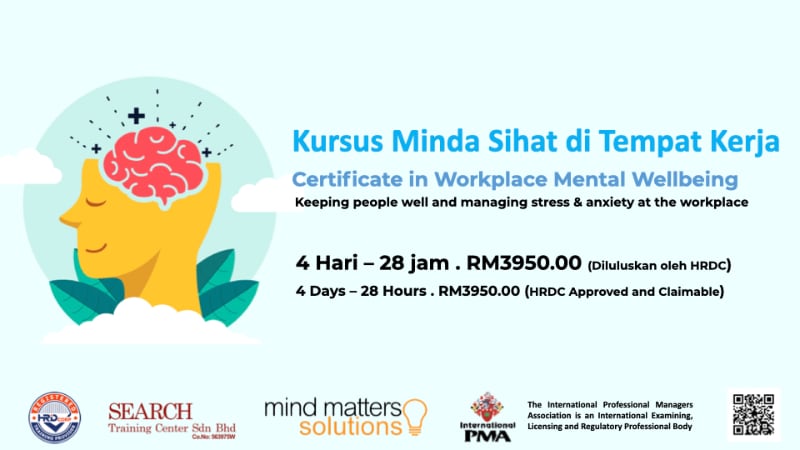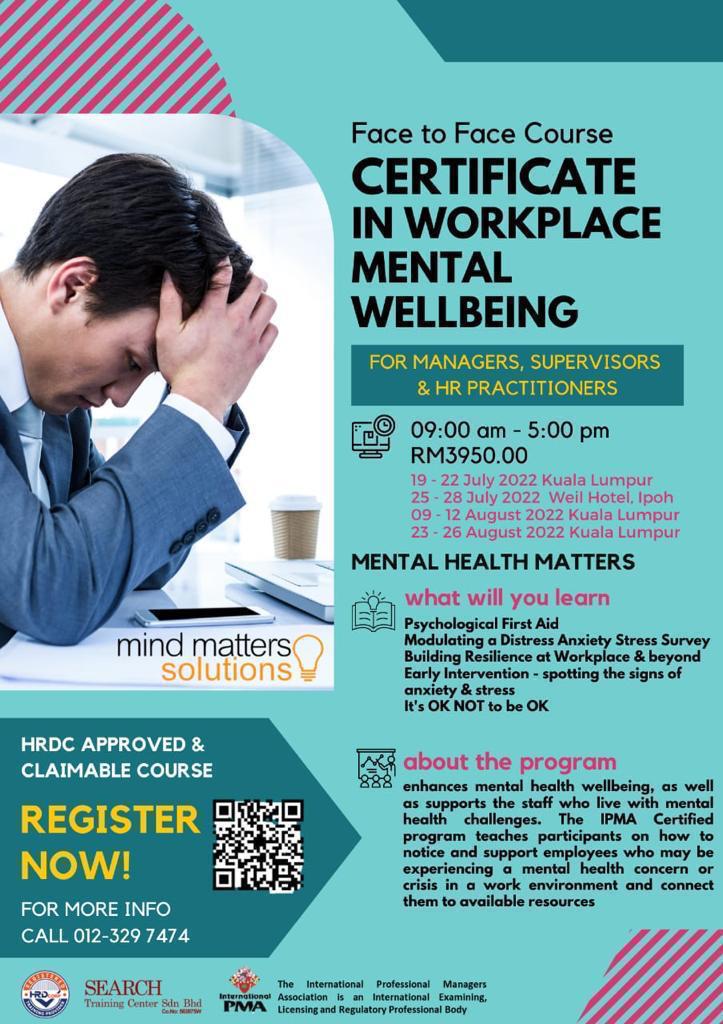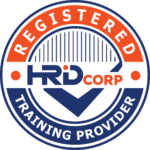Managers, supervisors and staff play a crucial role in creating a workplace that enhances mental health wellbeing, as well as supporting staff who live with mental health challenges. “Workplace Mental Health and Well-being: Lead and Learn” is a structured learning path. The learning is based on micro-learning modules, videos from subject matter experts, storytelling and scenario-based learning. Course participants will be able to consolidate takeaways through reflective practices and interaction with other participants via discussion forums, and other activities.
The 4 day (28 hours) program will include a confidential Distress, Anxiety and Stress. Survey, a structured Psychological First Aid at Work program that teaches managers, supervisors and employees how to notice and support employees who may be experiencing a mental health concern or crisis in a work environment and connect them to available resources.






